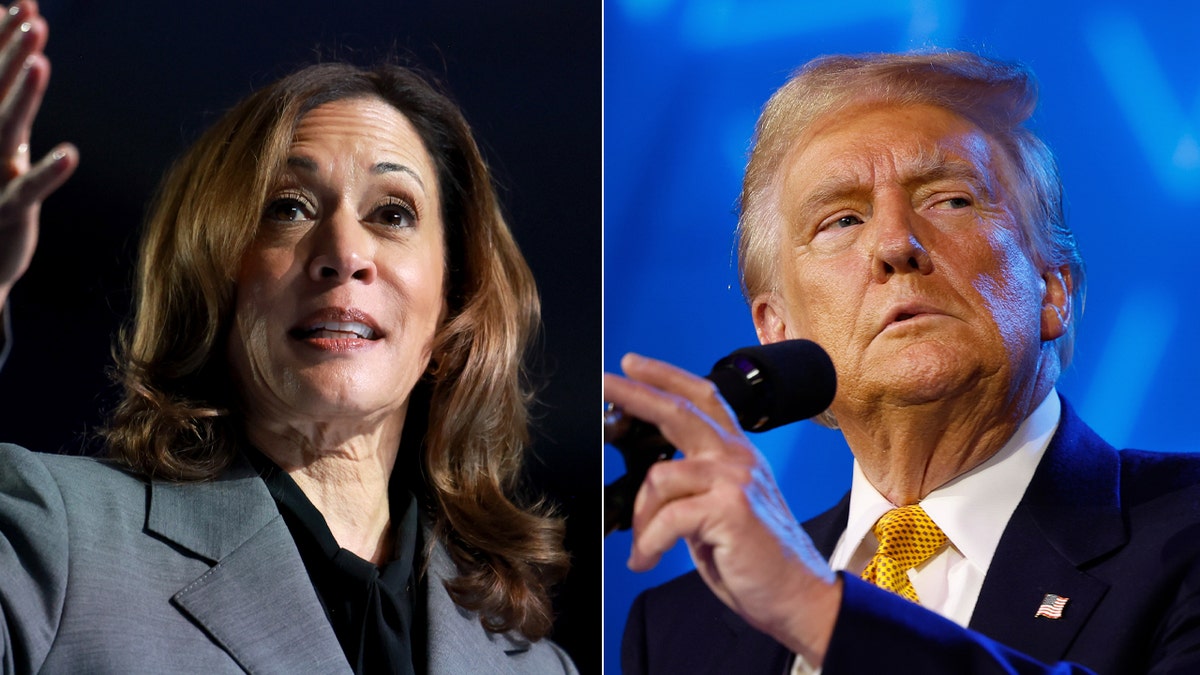Hospitality bosses warn government tax hikes will hit investment
According to reports, business leaders have warned the government that the tax rises announced in Labour’s Autumn budget will lead to a huge increase in costs and a fall in investment. The bosses of large retail and hospitality firms like Fuller’s, Greene King and Morrisons have warned business secretary Jonathan Reynolds that last week’s budget [...]


According to reports, business leaders have warned the government that the tax rises announced in Labour’s Autumn budget will lead to a huge increase in costs and a fall in investment.
The bosses of large retail and hospitality firms like Fuller’s, Greene King and Morrisons have warned business secretary Jonathan Reynolds that last week’s budget risks exacerbating problems in an already-stretched sector.
Reynolds said that Reeves’ budget “asked a lot” of businesses, with financial secretary James Murray adding that it was a “once in a generation” budget, according to Sky News.
In her inaugural budget, Reeves announced a 1.2 per cent increase to employers’ NICs, now up to a total of 15 per cent.
The announcement followed weeks of warning signs that an increase in employers’ NICs could result in reduced hiring activity, especially among small and medium-sized enterprises (SMEs).
Morrisons’ chief executive Rami Baitieh told Reynolds that the budget had exacerbated “an avalanche of costs”, according to Sky.
Kate Nicholls, chief executive of UKHospitality, said that “rising taxes, increasing costs and fragile consumer confidence risk bringing growth to a grinding halt.”
“In the short-term, the tsunami of employment costs coming in April will ultimately do more to hamper growth than incentivise it. Increases to employer NICs and wages will make it harder for businesses to support employment and invest in their businesses,” she added.
The Confederation of British Industry (CBI) has similarly said that this budget is “tough” for businesses.
“While the Corporation Tax Roadmap will help create much needed stability, the hike in National Insurance Contributions alongside other increases to the employer cost base will increase the burden on business and hit the ability to invest and ultimately make it more expensive to hire people or give pay rises,” CBI chief executive Rain Newton-Smith said.
The Chancellor also announced a 40 per cent business rates relief for the industry, which is down from the current 75 per cent rate set to expire on 31 March, although long-awaited reform of the business rates system is not expected until next year.
A DBT spokesperson said: “This Government has said from day one it will work in partnership with business to deliver its number one mission of growing the economy.
“As part of that work, the Business Secretary held a constructive meeting with dozens of business leaders representing companies of all sizes and sectors across the UK.
“He was clear that last week’s Budget will fix the foundations of our economy, and the measures announced will unleash private investment and support industries of the future so British businesses can benefit from increased growth and economic stability.”



